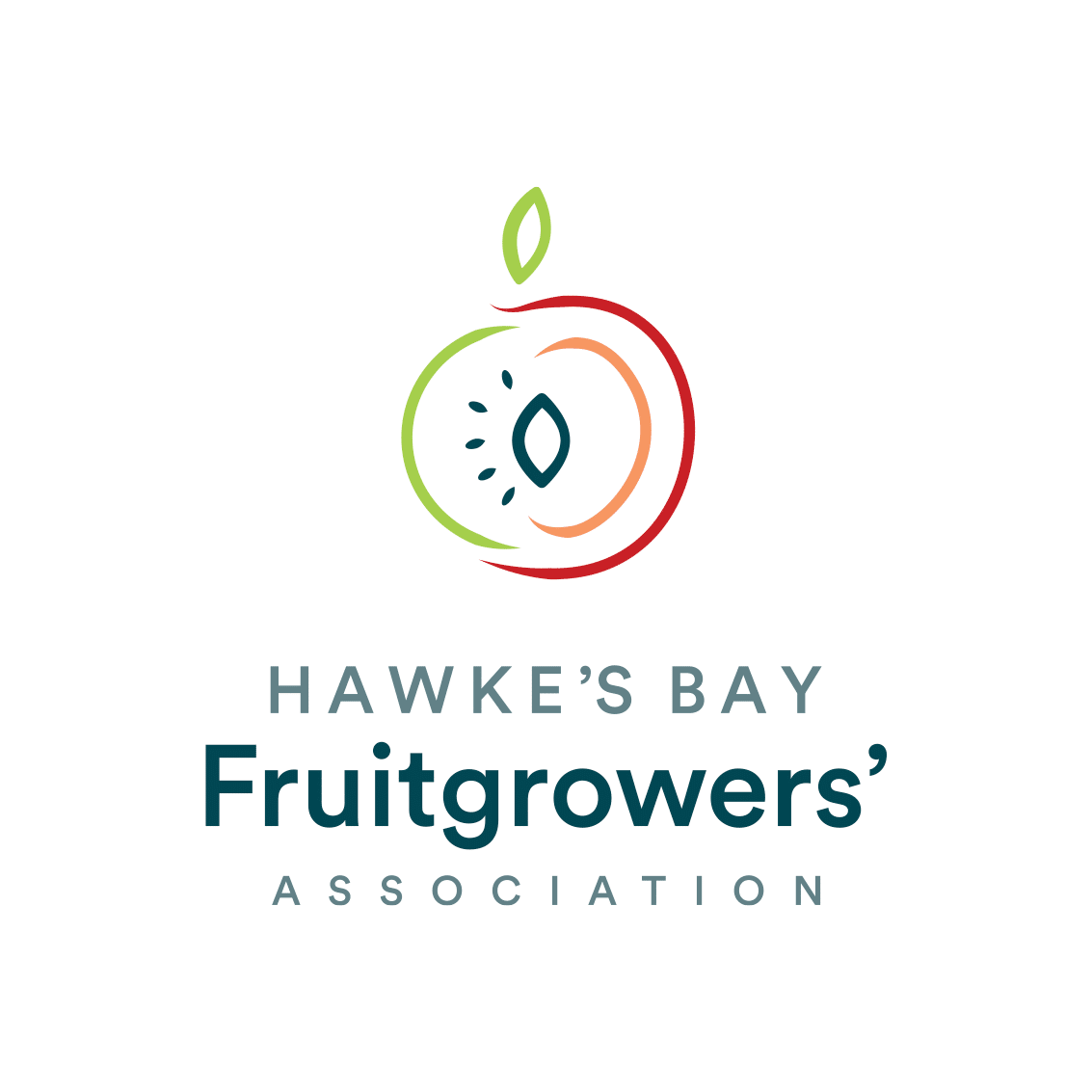
As businesses settle into winter pruning regimes, it has been a time to draw breath and assess the impact of the pandemic and a successful harvest for the industry. MPI have just released the June Economic Recovery Update, identifying performance of the primary sectors during Covid-19.
Overall, primary industries have fared better than other parts of the New Zealand economy during lock-down. Collaboration is what our industry does well. With guidance from MPI, all essential horticulture businesses continued operating without a single outbreak of Covid-19.
Horticulture exports have performed exceptionally well considering the unique global circumstances, with the kiwifruit and apple harvest contributing significantly to increased export volumes. Consumer demand has held up well through the early period of trade disruption.
Social distancing created a new way of operating for businesses. Pack houses ran at 50 to 80 percent capacity during the Level 4 restrictions with obvious flow-on effects to logistics and packing.
Covid-19 also highlighted a number of dependencies and risks across the primary sector supply chain. But, as we enter a period of difficult global economic conditions, it will be the primary sector that will help drive New Zealand’s economic recovery.
Closer to home, the government is getting on-board with support for skilled labour we need to harvest, pack and process next seasons crop. Government has confirmed there will be no reduction in RSE numbers from this season, however, the devil will be in the detail. The allocation of numbers between regions and the ability to retain experienced RSE teams will be important.
MPI is set to launch a major advertising campaign to attract people into agriculture and horticulture careers. The campaign will see advertisements run on radio and online in the coming weeks.
Outdoor burning is again hitting the headlines in light that councillors may try to evoke a total fire ban. As an industry we are all responsible to make sure we take the appropriate steps when it comes to burning dry orchard waste. And although our industry does not represent all rural land-owners, collectively we must all unite and work with council to develop an acceptable plan for controlled burning.
Our Executive Committee continues to work hard behind the scenes as advocates for our industry and for the region. Again, I thank them for their on-going support and commitment to the industry.






